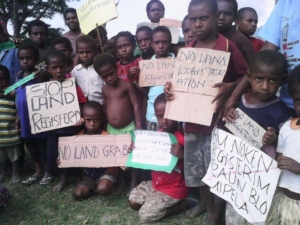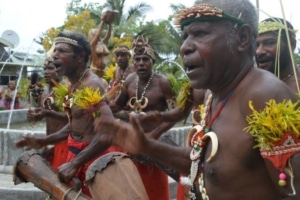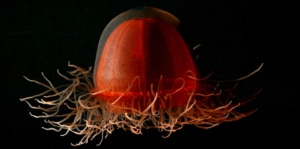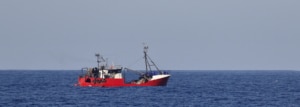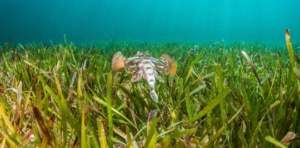James Cook University Fish and Fisheries Lab
James Cook University Fish and Fisheries (F&F) Lab conducts research, trains students, works with stakeholders, and engages communities to help people better understand and manage sharks, rays, fish and fisheries.
At A Glance
- Programme: Ocean
- Years Funded: 2023
- Ecosystem Focus: Marine
- Geographic Focus: Asia
- Website: https://www.fishandfisheries.com/
The James Cook University Fish and Fisheries Lab is based in Northern Australia and alongside its Singapore Campus and the Centre for Sustainable Tropical Fisheries and Aquaculture, it helps to train and educate future scientists as well as marine resource and fishery managers. Producing research that can be used in everyday life and decision-making, they are working to address deep and varied challenges of ocean conservation and fisheries management in Australasia.
To do this, the team collaborate with communities, governments, and industries on projects ranging from swimmer safety and sustainability, to working with Indigenous communities in Far North Queensland on monitoring their fisheries.
The F&F lab’s research spans a variety of contexts. This ranges from profiling the diversity and condition of sharks and rays in their Shark Search Indo-Pacific programme, to industry-driven research exploring community and tourism dimensions of shark bite incidents, to citizen science approaches which involve working with scuba divers and reef tourism guides to document rare species and behaviours.
Other aims include conserving the biodiversity of sawfishes, river sharks, and wedgefishes in Papua New Guinea and Indonesia, as well as practical projects like reducing bycatch of sharks, turtles, and dugongs in net fisheries in the Great Barrier Reef.
Synchronicity Earth’s Ocean Programme has supported a workshop on building shark and ray research and conservation capacity in Southeast Asia – a hub for the global trade in shark products, and home to the world’s largest shark fisheries – to diversify and increase the effectiveness of conservation in the region.


